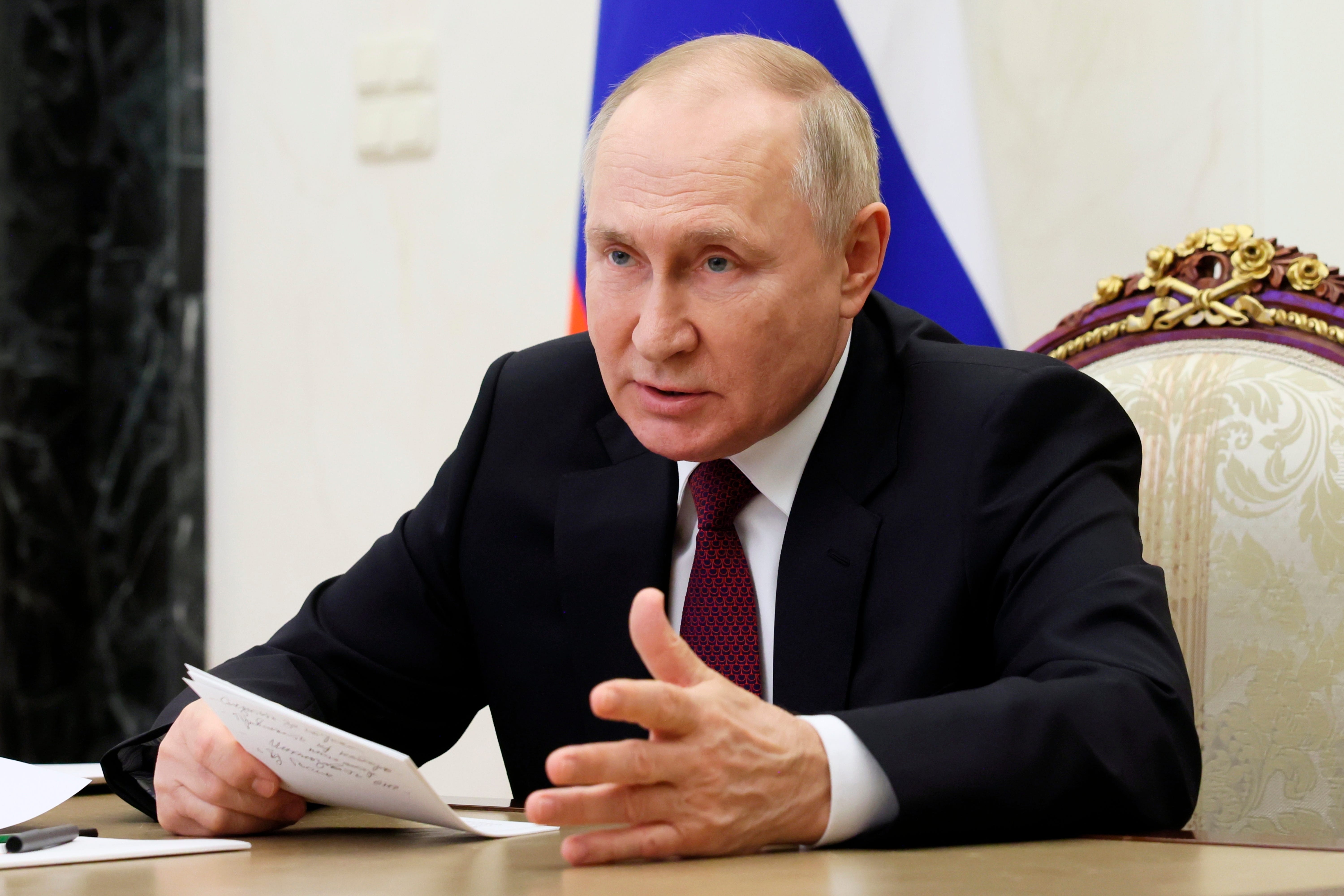Russians forced to serve in Ukraine with ‘serious’ health problems – MoD
A number of ‘common themes’ are emerging in the experience of Moscow’s mobilised reservists, according to the UK Ministry of Defence.

Many Russian troops are being compelled to serve in Ukraine with “serious” health problems, while those forced to build trenches under fire are likely to have suffered “particularly heavy casualties”, British defence experts believe.
A number of “common themes” are emerging in the experience of Moscow’s mobilised reservists, according to the UK Ministry of Defence (MoD), with their deployment often characterised by “inadequate” training and personal equipment.
An MoD defence intelligence update suggests the Kremlin will likely be concerned that an increasing number of families are prepared to risk arrest by protesting against the conditions their relatives face at war.
Most mobilised reservists have previously served, it says, with “numerous examples” suggesting it is highly probably they are not having their medical status “adequately reviewed”.
“Many are being compelled to serve with serious, chronic health conditions,” the update states.
It also suggests there are likely to have been “particularly heavy casualties” among those committed to dig “ambitious trench systems” while under artillery fire around the city of Svatove, in the Luhansk region.
Meanwhile, reservists have been killed in “large numbers” in frontal assaults into well-established Ukrainian defensive zones in the Donetsk region, around the city of Bakhmut, it says.
“Two months after President (Vladimir) Putin announced a ‘partial mobilisation’, common themes are emerging in the experience of mobilised Russian reservists,” the update states.
“Their deployment is often characterised by confusion over eligibility for service, inadequate training and personal equipment, and commitment to highly attritional combat missions.
“Most – though not all – mobilised reservists have previously served and numerous examples suggest that reservists are highly likely not having their medical status adequately reviewed and many are being compelled to serve with serious, chronic health conditions.
“Mobilised reservists have highly likely experienced particularly heavy casualties after being committed to dig ambitious trench systems while under artillery fire around the Luhansk Oblast town of Svatove.
“In Donetsk Oblast, reservists have been killed in large numbers in frontal assaults into well-established Ukrainian defensive zones around the town of Bakhmut.
“The Kremlin will likely be concerned that an increasing number of reservists’ families are prepared to risk arrest by protesting against the conditions their relatives are serving under.”